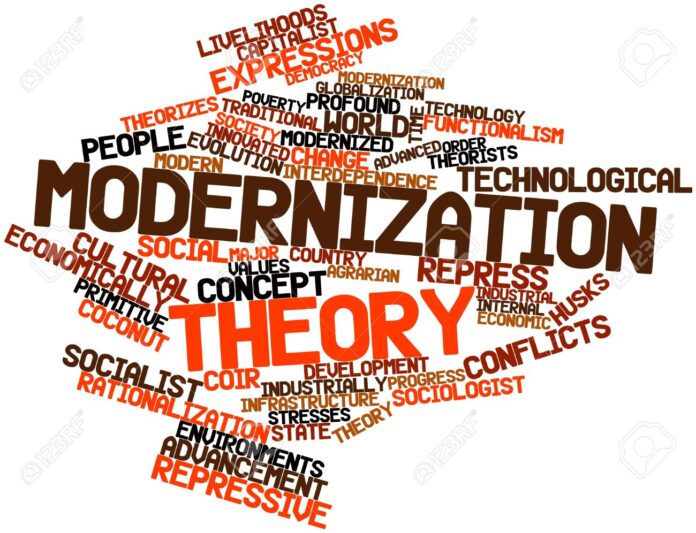The modernization of education is a process that seeks to improve the quality of education by updating and adapting educational systems to meet the changing needs of society. In recent years, there has been a growing recognition of the need to modernize education to keep pace with the rapid changes brought about by technological advancements, globalization, and other social and economic factors. This essay will explore the key aspects of the modernization of education and its impact on students and society.
One of the key aspects of the modernization of education is the incorporation of technology into the educational system. Technology has revolutionized the way we learn and has opened up new possibilities for teaching and learning. With the advent of digital technologies, educational materials are more easily accessible and can be delivered in a variety of formats, including videos, audio recordings, and interactive applications. The use of technology also allows for more personalized learning experiences, which can help students to stay engaged and motivated.
Another important aspect of modernization in education is the shift towards more learner-centered approaches to teaching. Traditional approaches to education have often focused on the transmission of knowledge from teacher to student, but modern educational systems place more emphasis on the active involvement of students in the learning process. This involves a shift away from passive learning and towards more interactive and collaborative forms of learning. Learner-centered approaches recognize that students learn in different ways and at different paces, and aim to provide more flexible and individualized learning experiences.
The modernization of education also involves a focus on developing key skills that are essential for success in the modern economy. In addition to traditional academic subjects, modern educational systems prioritize the development of skills such as critical thinking, problem-solving, communication, and teamwork. These skills are seen as essential for success in the modern workplace, which places a high value on creativity, innovation, and adaptability.
The modernization of education also has a significant impact on society as a whole. By providing students with the skills and knowledge they need to succeed in the modern economy, educational systems contribute to the overall economic development of a country. Education can also play a key role in promoting social mobility, by providing students with the tools they need to succeed regardless of their background or circumstances.
In conclusion, the modernization of education is a complex and multifaceted process that seeks to improve the quality of education and meet the changing needs of society. This process involves the incorporation of technology, a shift towards more learner-centered approaches to teaching, a focus on the development of key skills, and a recognition of the broader impact of education on society. While there are many challenges associated with modernizing education, it is an essential process that can help to ensure that students are equipped with the knowledge and skills they need to succeed in the modern world.
































